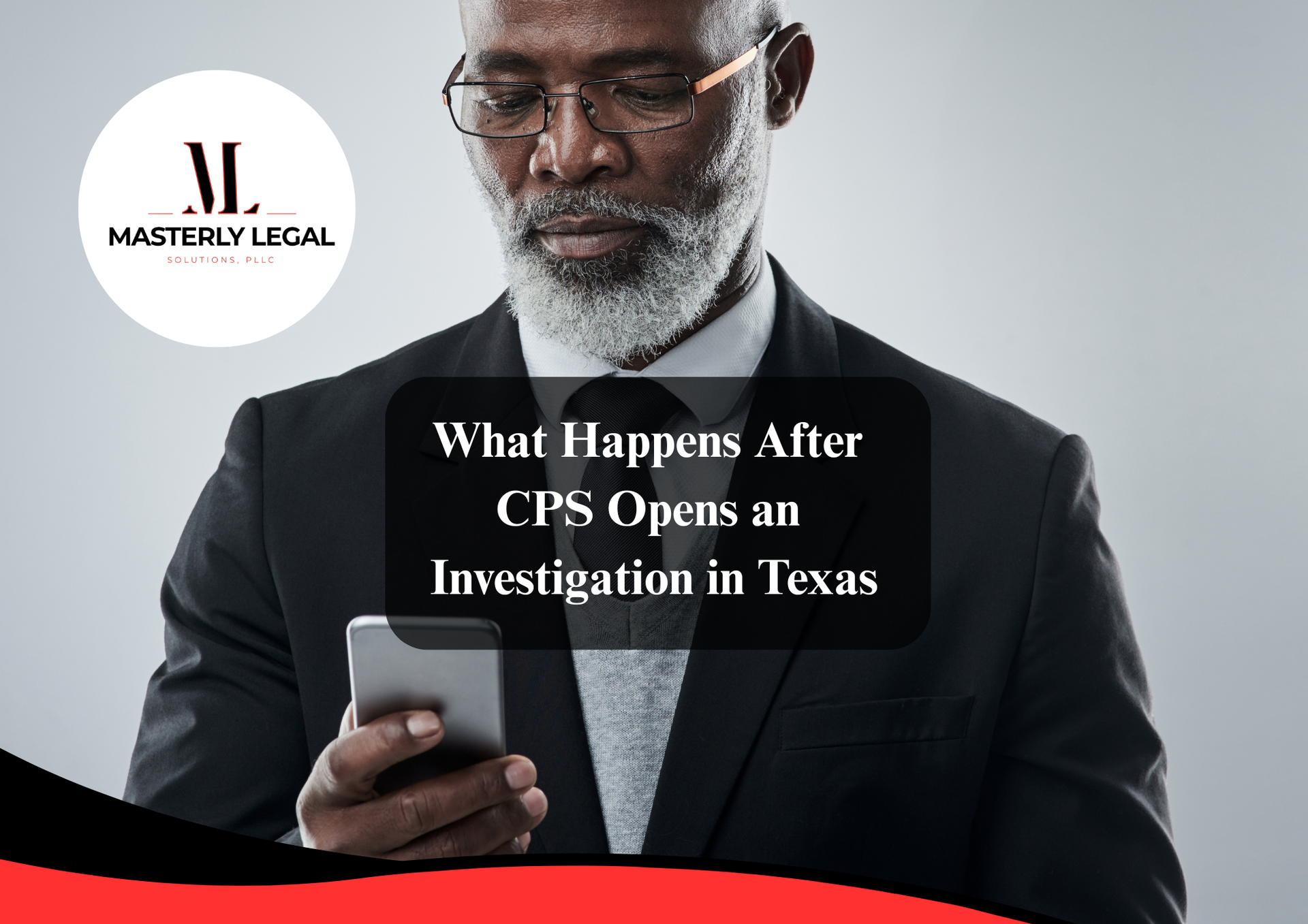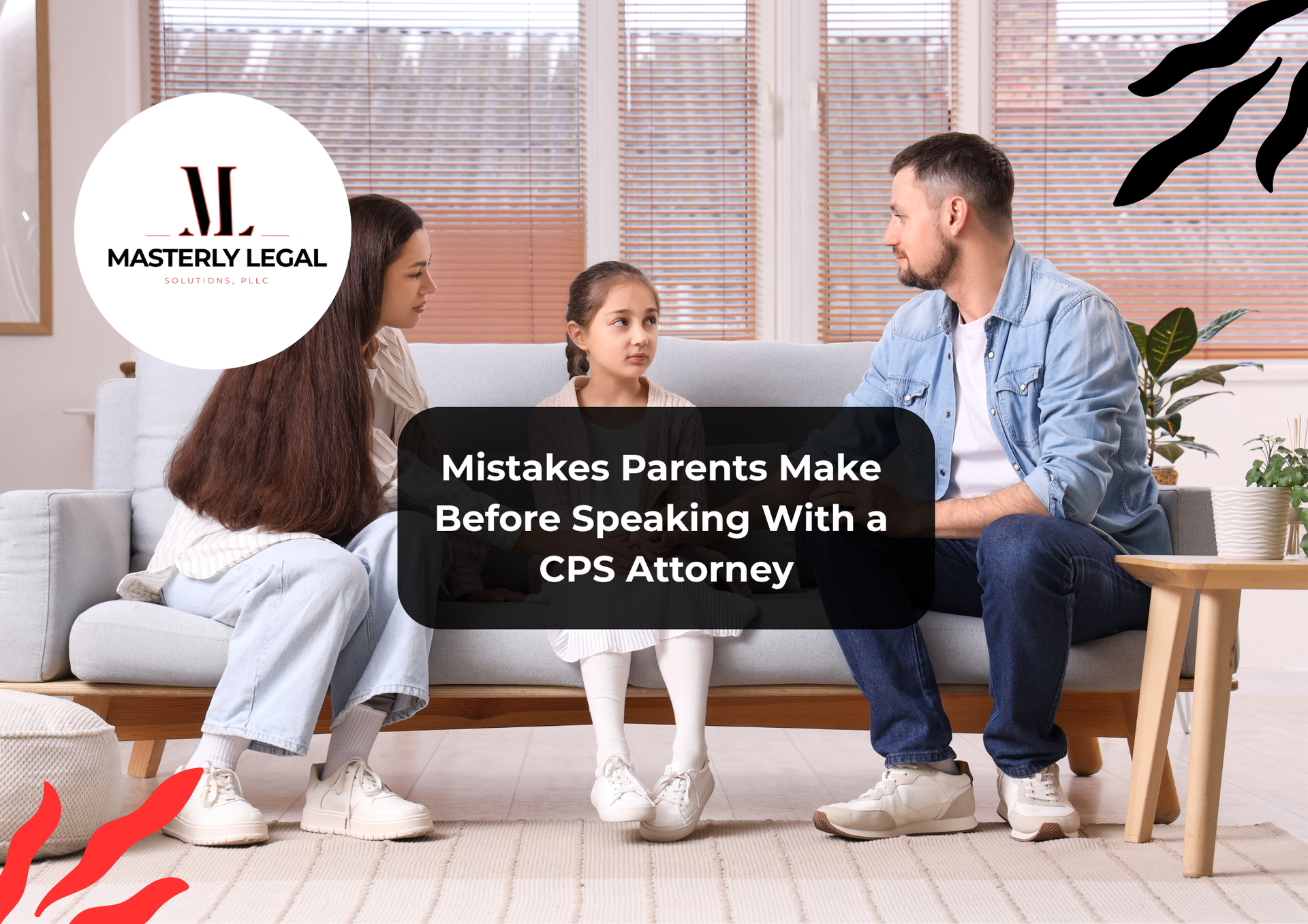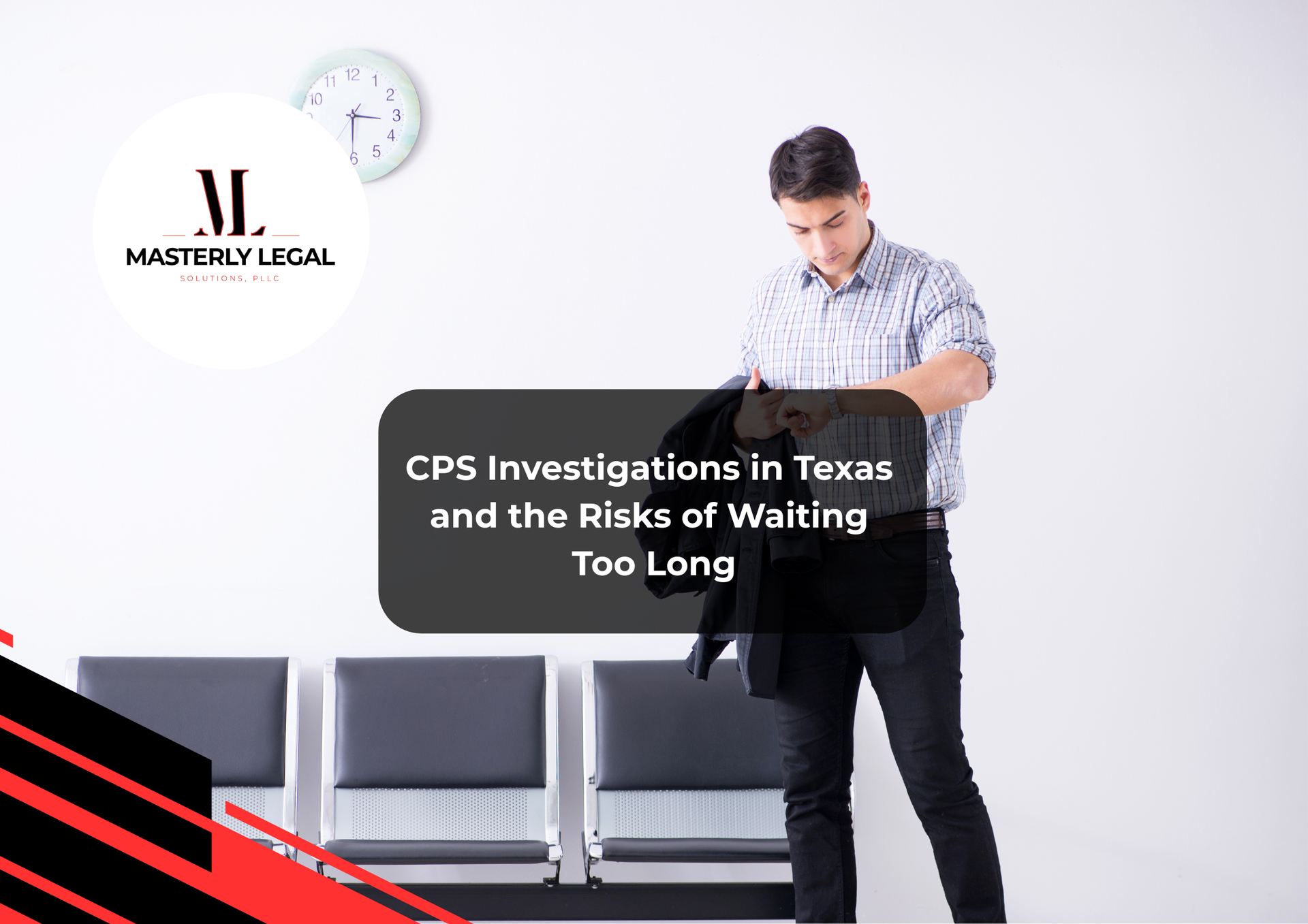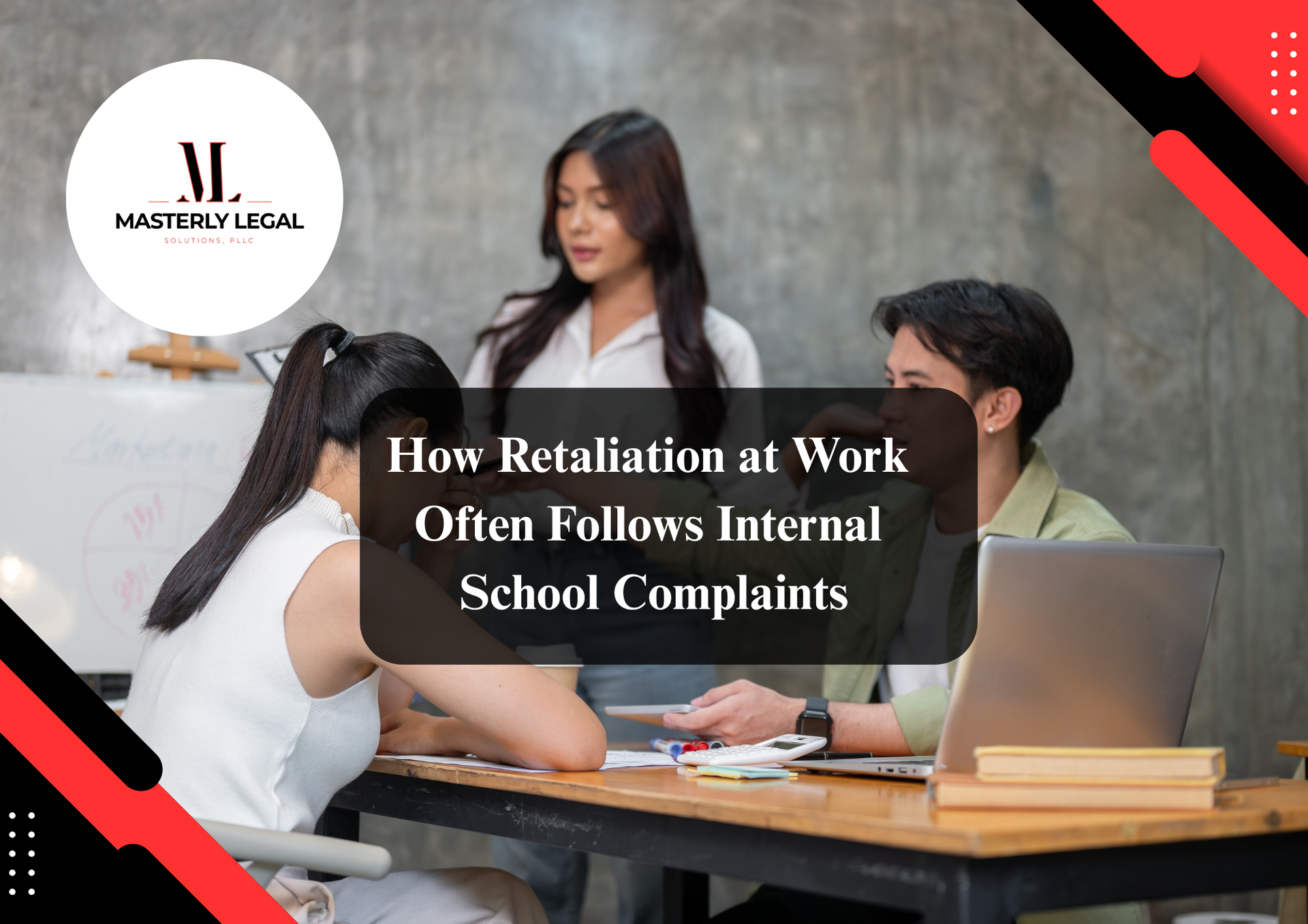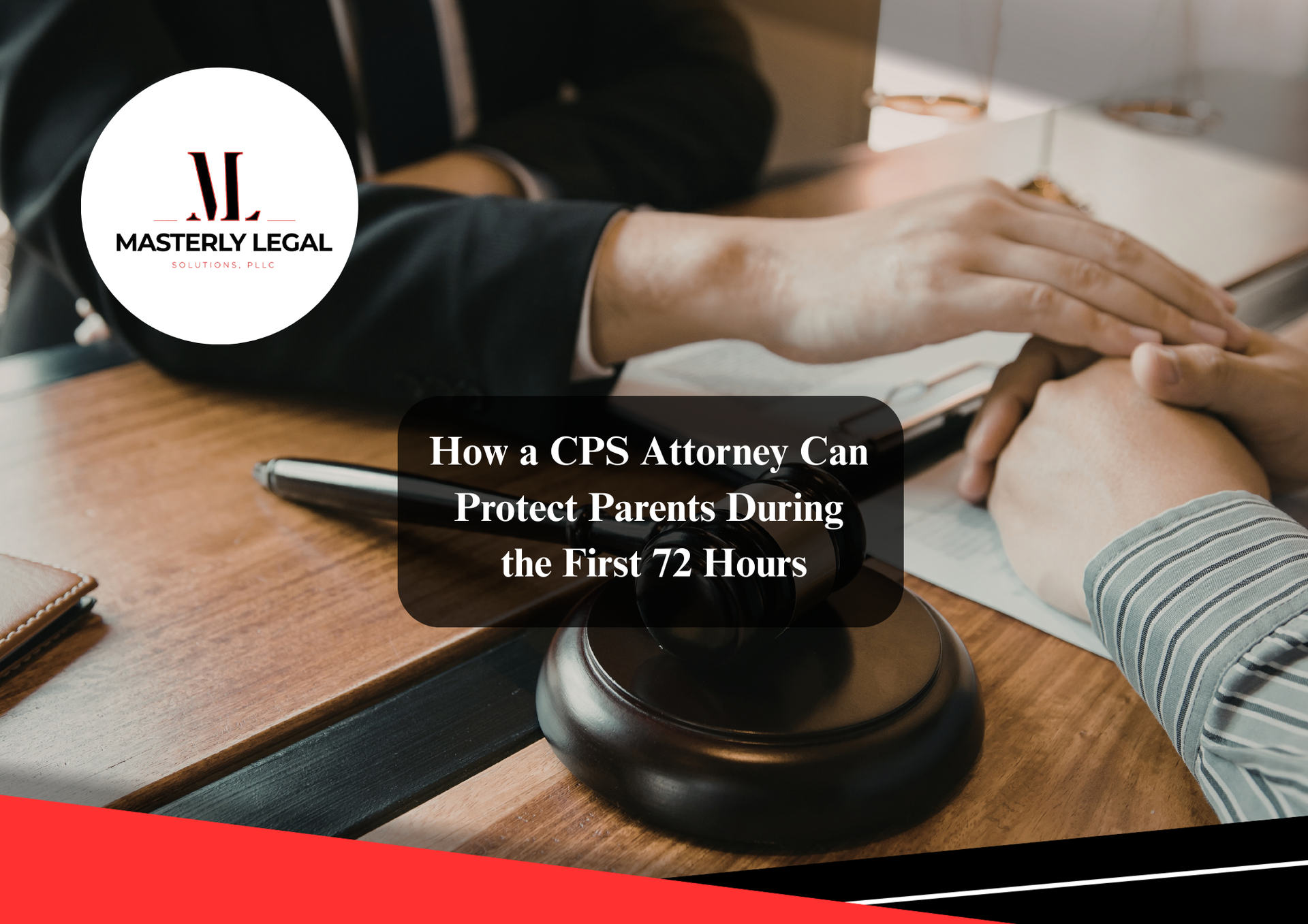Difference Between a Living Trust Versus a Will in Texas?
Texas Estate Planning: A Will vs a Living Trust?

When it comes to Texas estate planning, there are two main documents that you should consider creating: a will and a living trust which is also known as a revocable living trust. Both of these documents have different purposes in estate planning, and it is important to understand the differences between them before you make a decision about which one is right for you.
A will is a document that outlines how you want your property distributed after your death. It can also be used to appoint someone to manage your estate and care for your children until they reach adulthood. Upon the passing of the will creator, there will be a probate process. The probate process can be costly and entails your beneficiaries taking the will to court to have the will validated by a judge in addition to determining if there is anyone contesting the validity of the will. It should be noted that in the probate process the executor might be required to post a bond to ensure that there is no fraud or acts of bad faith. Upon the validation of the will, the executor may transfer assets to the beneficiaries.
A revocable living trust, on the other hand, allows you to transfer assets and ownership of your property into the living trust while you are still alive. This can provide some tax benefits, and it can also help to avoid the probate process after your death. To create a revocable living trust it is highly recommended to seek a Texas estate planning attorney because it has severe ramifications if it is not properly funded, meaning to transfer assets in the name of the revocable living trust.
So which document is right for you? The best answer depends on your individual circumstances. We have compiled a list of scenarios to consider when choosing between a will and a revocable living trust.
What is a Will?
In Texas, wills are typically used to document the wishes of the testator (the person who makes the will) about how their property should be distributed after they die. In your will there must be an executor identified and this person will oversee carrying out your wishes as instructed in the will. The executor can be either a family member, friend, spouse, or adult child. If you have a trust company that you want to administer your estate, then you may want to choose a revocable living trust instead.
When Does a Will Become Effective?
A will becomes effective upon the passing of the maker of the will. It does not require any work of a person prior to their passing but it is highly recommended to meet with an attorney to map out your wishes and verify that the will meets the requirements of Texas law. Upon the maker of the will's passing, the executor of the will must take the will to probate court. The court will then decide if the will is valid and determine if anyone is contesting the will. Generally, a probate attorney will have to get hired to assist with the probate court process. Furthermore, there are probate courts fees that have to get paid prior to the gifts of the estate being distributed. It should also be noted that probate court costs and attorney fees can be very expensive. The aspect of going to probate court is one of the reasons why many people choose to do a trust instead because it avoids the step of having to go to probate court.
What is a Revocable Living Trust?
A living trust, which is also known as a revocable trust, is a legal document that allows you to manage your estate while you are still alive. A trustee will manage your assets and takes care of any financial obligations that you may have. Generally, the person that made the living trust is the initial trustee of the living trust but you can appoint someone else to take on these responsibilities whether it be a family member or a third party entity such as a trust company. However, it should be noted that if you forget to put an asset into the trust then the successor trustee after your passing or being incapacitated will not have power over that asset. Additionally, each asset that the trust maker acquires during his/her life has to be in the name of the living trust.
When Does a Living Trust Become Effective?
A living trust becomes effective the moment that it is created and funded. To fund a trust simply means that you have to transfer your property and accounts into the living trust. Yes, this will take some work on the trust maker's behalf but if the person fails to take these steps then the living trust will just be a portfolio of paper with no value. Thus, it is essential not to overlook funding the living trust as soon as it is created. If you have questions on how to properly fund a living trust then you should consult with a
licensed Texas estate planning attorney.
Is there a Price Difference Between the Creation of a Living Trust and a Will?
Yes, wills are cheaper to have made than a trust initially. However, upon the passing of the will-maker, the family of the beneficiary will have to hire a probate attorney and pay the probate court costs. Some will opt for the trust because they want to prevent their children and beneficiaries from having to endure costs in the future. The decision that people have to make is whether they want to take care of the financial aspects upfront or have their beneficiaries take on those expenses in the future.
Key Elements of a Will to Consider:
- A will is more cost-effective upfront but there will be costs to your beneficiaries in the future.
- It can distribute your assets upon your passing.
- A will has to go to probate court.
- Your will is public record upon your death and anyone can view it.
- A will can easily be contested especially if it is not properly written or fails to follow the law of the state.
Key Elements of a Living Trust to Consider:
- A revocable living trust cost more upfront but it avoids your beneficiaries from having to pay those costs.
- Revocable living trusts ensure that your assets are transferred to your beneficiaries as you wish and determine the control they have over the property.
- Probate court is avoided with a revocable living trust.
- Revocable living trusts keep your affairs confidential because it is not a public record upon your passing, unlike a will.
- A revocable living trust is much more difficult to contest than a will.
- A revocable living trust becomes effective after it is funded, so you can make regular changes without penalty for doing so.
What is the Best Option Between a Will and a Living Trust?
There is no absolute answer to this question because it truly depends on the person’s circumstances. To get an answer that fits your needs it is best to consult a Texas estate planning attorney to map out your scenario to ensure your wishes upon your passing are as instructed with little headache and inconvenience to your family.
Other Estate Planning Documents to Consider in Your Texas Estate Plan
Outside of the
revocable living trust and will there are other estate planning documents you should consider having done by an
estate planning attorney:
- A durable power of attorney for finances;
- A durable medical power of attorney;
- Living will;
- HIPPA authorization; and
- Self-proving affidavit
The Premier Choice for Texas Estate Planning
Masterly Legal Solutions is the premier choice in Texas for the creation of wills and revocable living trusts. We pride ourselves in providing first-class service and ensuring the wishes of our clients are followed upon their passing. At Masterly Legal Solutions, you will be working directly with a licensed estate planning attorney and not a paralegal or legal assistant. We only offer flat rate fees for Texas estate planning so we can ensure all the bases of the client’s estate planning are thoroughly covered without the client enduring a massive legal bill for hourly rates. Additionally, we offer virtual service and mobile in-home service for Texas estate planning at no additional costs. If you want a true peace of mind for your Texas estate planning, then please feel free to contact us for a free consultation at (972) 236-5051 or at info@masterlylegal.com. We are based in Dallas, Texas and Houston, Texas but we serve clients throughout the state of Texas.
Looking for Legal & Business Solutions? Contact Us Now
Fill in the form or call us to set up a meeting





